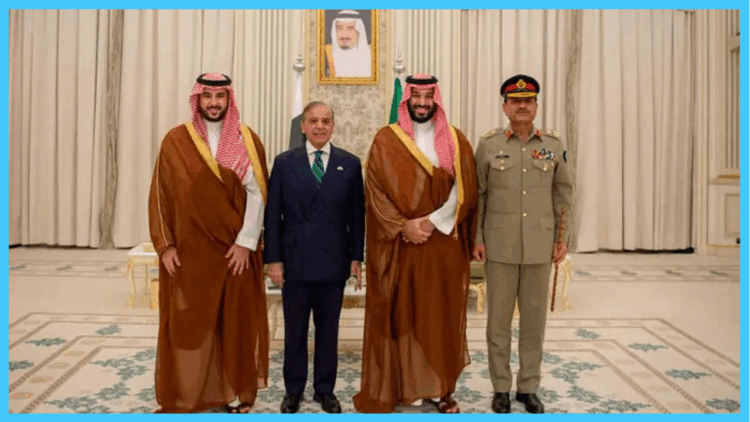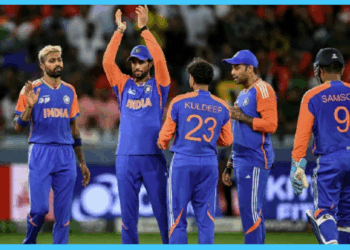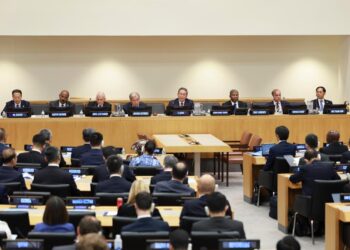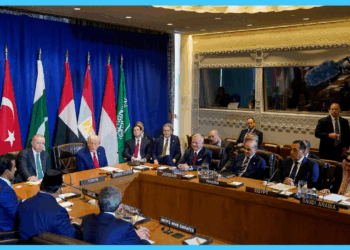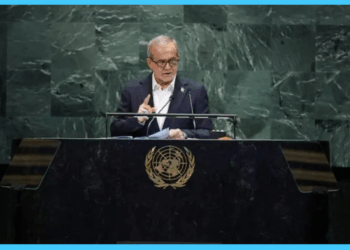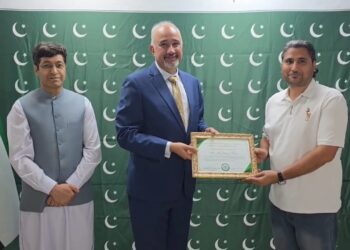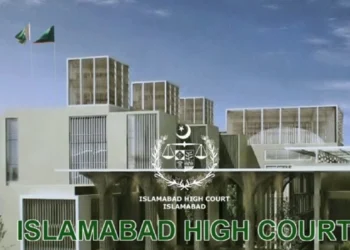By Mian Sohail Iqbal
RIYADH/ISLAMABAD; Prime Minister Shehbaz Sharif and Saudi Crown Prince Mohammed bin Salman signed a landmark Strategic Mutual Defence Agreement in Riyadh on Wednesday, pledging that any act of aggression against either country would be treated as an attack on both. The move marks a major step forward in the historic and strategic ties between the two nations.

The pact was signed at Yamama Palace during the prime minister’s official visit to the Kingdom. According to a statement from the Prime Minister’s Office, the agreement reflects a joint commitment to bolster security, strengthen defence cooperation, and build regional and global peace. “Any aggression against either country shall be considered an act of aggression against both,” the statement declared.
The pact, built on nearly eight decades of close cooperation, is anchored in shared Islamic values, a sense of brotherhood, and mutual strategic interests. Over the years, Saudi Arabia has provided vital economic assistance to Pakistan, including oil supplies and financial aid, while Pakistan has consistently supported the Kingdom on defence and regional security fronts.
During their meeting, PM Shehbaz and the Saudi crown prince reviewed the historic relationship and discussed issues of bilateral, regional, and global importance. The prime minister expressed heartfelt gratitude for the hospitality extended to him and his delegation.
He also conveyed best wishes for King Salman, Crown Prince Mohammed bin Salman, and the Saudi people. In return, the crown prince reciprocated with warm wishes for Pakistan’s prosperity and well-being.

The Saudi leadership welcomed Shehbaz Sharif with full state honours. On his arrival in Riyadh, the premier was received by Deputy Governor Muhammad bin Abdulrahman bin Abdulaziz, while Saudi Air Force jets escorted the prime minister’s plane into the Kingdom’s airspace in a symbolic gesture of respect and solidarity. Later, Shehbaz was presented with a guard of honour at Yamama Palace.
The Foreign Office underscored that the prime minister’s visit came at the invitation of the Saudi crown prince. It noted that the discussions were expected to cover the full spectrum of bilateral relations, with a focus on defence, trade, investment, energy cooperation, and regional stability.

The FO also highlighted that the visit would help formalise agreements in diverse fields, showcasing the two nations’ determination to deepen their partnership.
In addition to the defence pact, the visit coincided with the announcement of a new technology partnership. Major international firms, including Microsoft, Nvidia, Google, and OpenAI, pledged significant investments in Saudi Arabia, while Pakistan hopes to benefit from enhanced cooperation in advanced technologies, civil nuclear energy, and artificial intelligence.
The Prime Minister was accompanied by key cabinet members, including Deputy PM Ishaq Dar, Defence Minister Khawaja Asif, Finance Minister Muhammad Aurangzeb, Information Minister Attaullah Tarar, Environment Minister Musadik Malik, and Special Assistant Tariq Fatemi. Their presence reflected the wide-ranging agenda of the visit, covering security, economy, climate, and media cooperation.
The defence agreement comes at a critical juncture. Pakistan faces regional security challenges, while Saudi Arabia continues to strengthen its defensive posture amid regional tensions. Analysts view the pact as a clear message of deterrence, underscoring that both nations will stand united against external threats.
This is not the first high-profile interaction between the two leaders this year. In June, Shehbaz Sharif met the Saudi crown prince during a two-day official visit, thanking him for his role in easing tensions between Pakistan and India earlier in May.
Similarly, in July, President Asif Ali Zardari met Saudi Ambassador Nawaf bin Saeed Al-Malki in Islamabad, where he encouraged Saudi investors to explore opportunities in Pakistan’s trade, economic, and cultural sectors.
The Riyadh agreement signals a renewed depth in Pakistan-Saudi relations, moving beyond traditional aid-based ties to a broader partnership rooted in defence, economic, and technological cooperation.
As both countries face evolving geopolitical and security challenges, this pact not only strengthens their bilateral bond but also reinforces their joint role as key players in ensuring peace and stability across the Muslim world and beyond.








